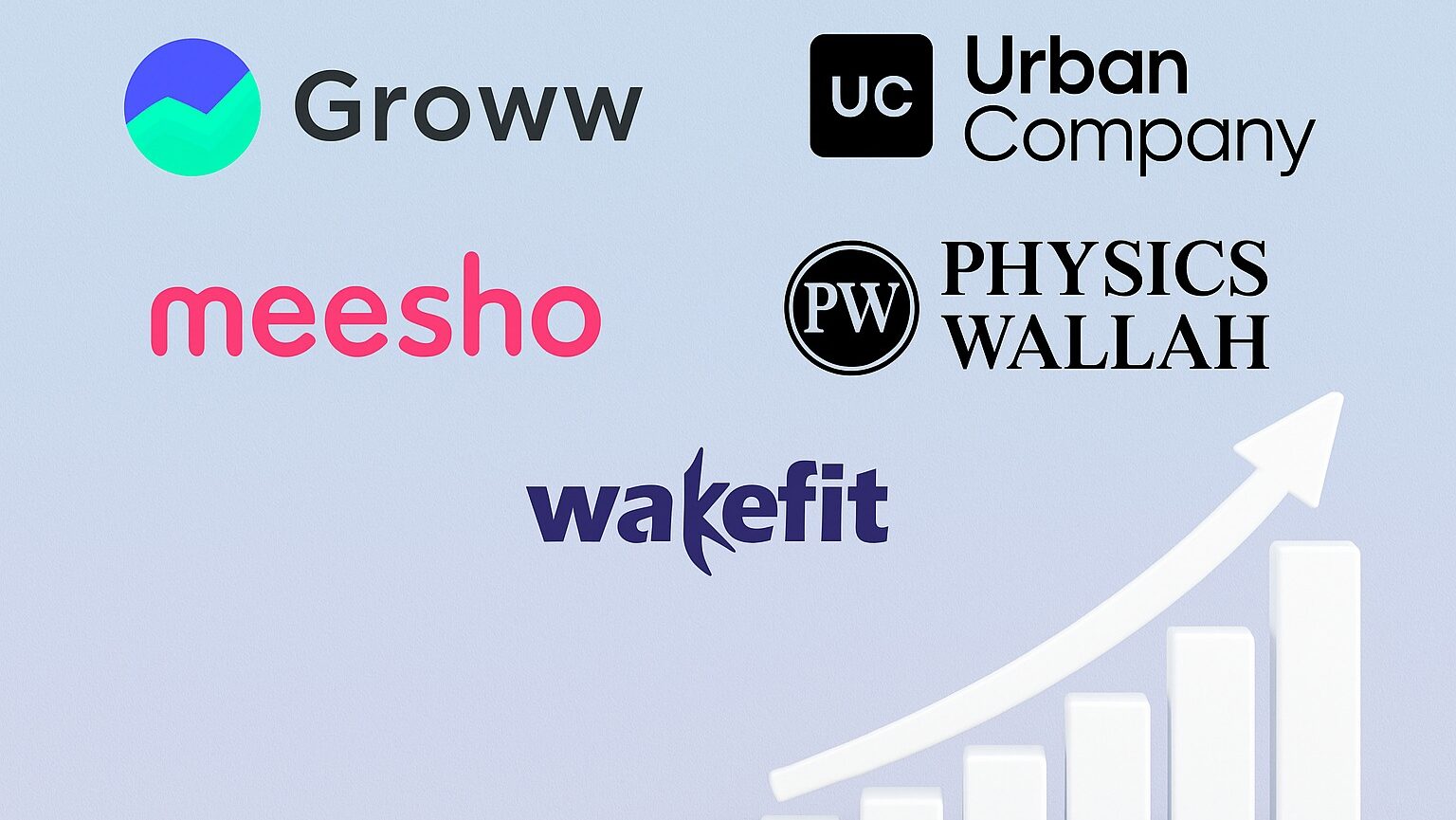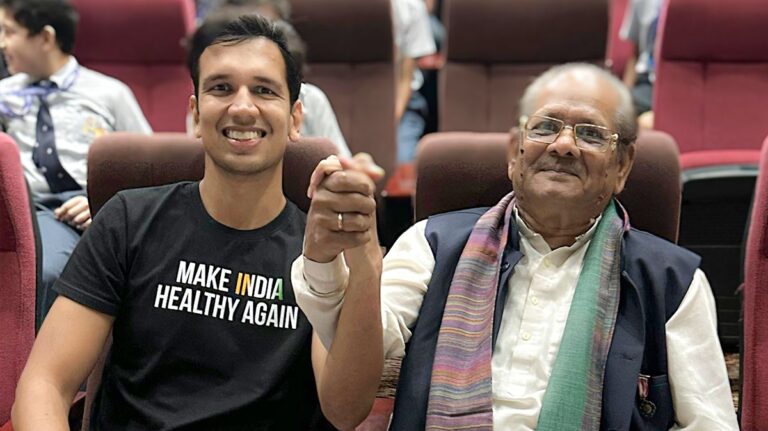In India, the debate over workplace culture has become more heated than before. Two mindsets have recently been pitted against one another: one promotes balance, flexibility, and mental health, while the other advocates for longer work hours to spur economic growth. What is the best path forward for India’s workforce is still an open subject.
The Call for 70-Hour Workweeks
Industry veteran Narayana Murthy made headlines when he urged India’s youth to work 70 hours a week, arguing that this would accelerate economic progress and close the productivity gap with developed nations. His point reflects a common belief that India, as a developing economy, needs its workforce to put in more effort to achieve global competitiveness.
The Push for Work-Life Balance
On the other side, many entrepreneurs and global voices, including Bill Gates, have spoken about sustainability, purpose, and mental health. Advocates of balance argue that overworking leads to burnout, health issues, and declining creativity factors that ultimately hurt productivity. Countries like the Netherlands and Germany, which operate on 32–34-hour workweeks, still rank among the most productive in the world, proving that output doesn’t always depend on hours worked.
The New Tug-of-War: Hustle vs. Balance
Indian workplace culture is changing right now. For younger workers, meaningful work, flexibility, and remote work are more important than large salaries. However, “hustle culture,” where putting in long hours is seen as a sign of dedication, is still emphasised by both startups and established companies. This trend was accelerated by the outbreak as workers recognised how important their health and personal time were.
Finding the Middle Ground
The ideal route might lie in the middle of harmony and bustle. India needs a culture that prioritises productivity and efficiency over merely working long hours. A more engaged and effective workforce can be achieved by emphasising skill development, enhancing workplace facilities, and encouraging employee well-being.
A Cultural Reset for the Future
India needs to change its work culture to keep employees engaged and support economic growth.The future could be hybrid blending focused work hours with flexibility, prioritizing results over presenteeism, and building workplaces that people actually enjoy being part of.
Also Read: Coworking Is the New HQ
























